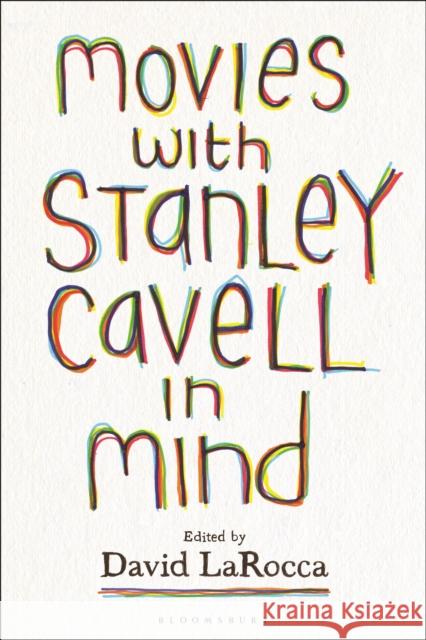Movies with Stanley Cavell in Mind » książka
topmenu
Movies with Stanley Cavell in Mind
ISBN-13: 9781501380167 / Angielski / Miękka / 2023 / 360 str.
Movies with Stanley Cavell in Mind
ISBN-13: 9781501380167 / Angielski / Miękka / 2023 / 360 str.
cena 149,15
(netto: 142,05 VAT: 5%)
Najniższa cena z 30 dni: 143,72
(netto: 142,05 VAT: 5%)
Najniższa cena z 30 dni: 143,72
Termin realizacji zamówienia:
ok. 30 dni roboczych.
ok. 30 dni roboczych.
Darmowa dostawa!
Kategorie:
Kategorie BISAC:
Wydawca:
Bloomsbury Academic
Język:
Angielski
ISBN-13:
9781501380167
Rok wydania:
2023
Ilość stron:
360
Waga:
0.45 kg
Wymiary:
22.86 x 15.24 x 2.54
Oprawa:
Miękka
Wolumenów:
01











